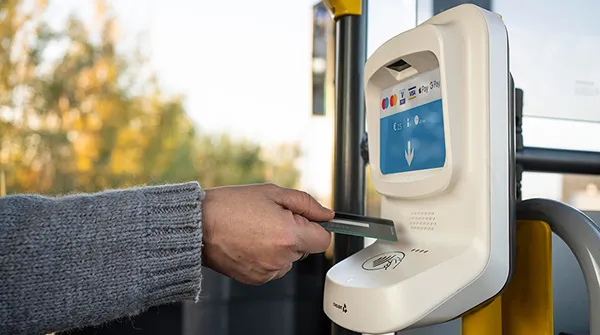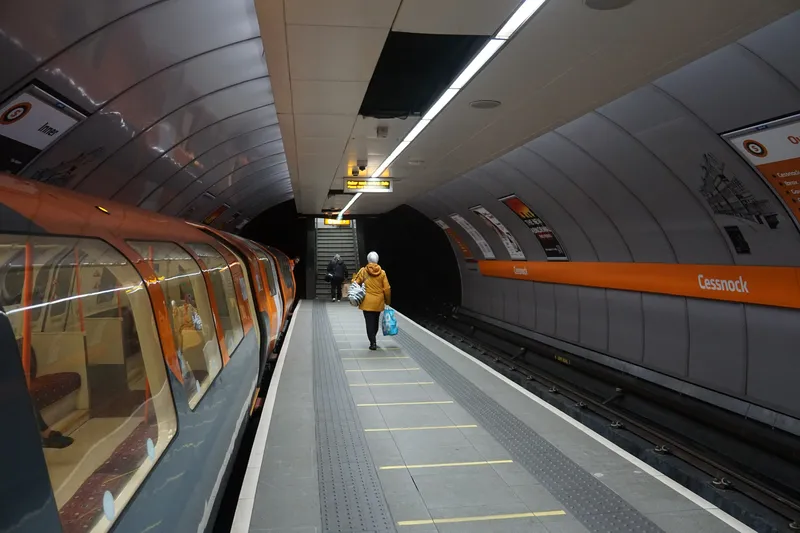Payment card-linked marketing and data business Cardlytics has struck a deal with Lloyds Bank, its first outside the US, as the firm looks to expand into Europe and Asia. The deal will see Cardlytics help Lloyds Banking Group, which has over 30 million customers, make better use of consumer purchase data.
November 20, 2013
Read time: 1 min

Payment card-linked marketing and data business Cardlytics has struck a deal with Lloyds Bank, its first outside the US, as the firm looks to expand into Europe and Asia. The deal will see Cardlytics help Lloyds Banking Group, which has over 30 million customers, make better use of consumer purchase data.
Founded in 2008, the private, venture-backed firm now has partnerships with nearly 400 US financial institutions and offers insight into the consumer purchases of 70% of U.S. households, capturing spending across a comprehensive range of stores and categories. Cardlytics’ patented technology also enables advertisers to make a direct connection to buyers through online banking and mobile banking channels.
Founded in 2008, the private, venture-backed firm now has partnerships with nearly 400 US financial institutions and offers insight into the consumer purchases of 70% of U.S. households, capturing spending across a comprehensive range of stores and categories. Cardlytics’ patented technology also enables advertisers to make a direct connection to buyers through online banking and mobile banking channels.










